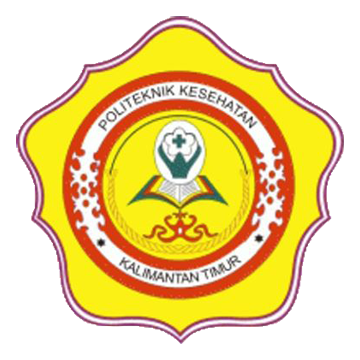KESIAPSIAGAAN MASYARAKAT BUDAYA SUNGAI BAWANG DALAM MENURUNKAN KETERLAMBATAN PENANGANAN HENTI JANTUNG DI ERA NEW NORMAL
Abstract
Cardiac arrest is a condition when heart suddenly did not work and lost of the function to pump blood. Cardiopulmonary resuscitation is not only carried out by medical personnel, but people who have been trained are able to provide assistance until medical personnel arrive at the location of the cardiac arrest victim. Objective to determine the effect of basic life support training on the level of preparedness of the Sungai Bawang Cultural Community to reduce delays in handling cardiac arrest. This study was a quasi-experimental design study using one group pretest-posttest. The sample in this study consisted of 21 responden of the standby village and youth organization. The Wilcoxon test was used as analysis data. The statistical tests before and after showed that basic life support training greatly affects community preparedness knowledge to reduce delays in handling cardiac arrest with results before training, the analysis showed that the less category 57.1% and enough 42.9% after BLS training given to the community, researcher found that participant’s knowledge increased by quite 61, 9% and good 38.1%. There is an effect of basic life support training on the preparedness of the Sungai Bawang cultural community p = 0.000 (p <0.05), so this study can be adding to the community's knowledge in dealing with cardiac arrest victims.
Keywords: Cardiac arrest, Emergency, Knowledge
Downloads
Copyright (c) 2021 Rufina Hurai, Imelda Feneranda Seravia Tambi

This work is licensed under a Creative Commons Attribution-ShareAlike 4.0 International License.
Copyright License:

This work is licensed under a
Creative Commons Attribution-ShareAlike 4.0 International License









